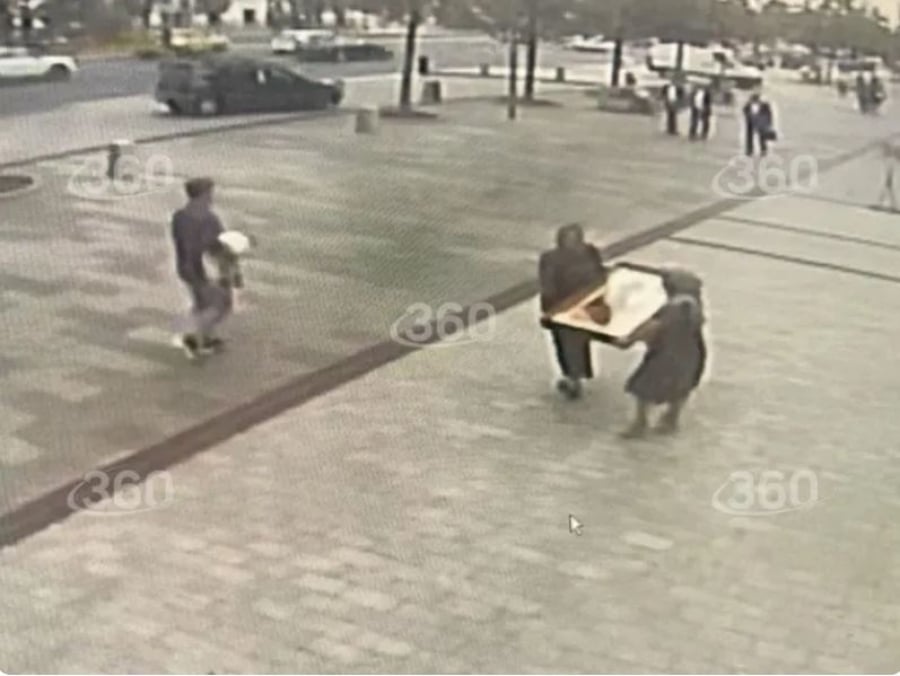The cuts will reduce the value of rations provided to Rohingya refugees to $8 per month, or 27 cents per day.
At the beginning of the year, refugees were receiving a ration of $12 per person per month, which was just enough to meet daily needs, but on 1 March, that was cut to $10 – due to lack of funding support.
‘Extremely concerned’
“We are extremely concerned that WFP has been forced to cut food aid for the Rohingya refugees in Bangladesh”, said the UN Resident Coordinator in Bangladesh, Gwyn Lewis.
“The nutrition and health consequences will be devastating, particularly for women and children and the most vulnerable in the community. We urgently appeal for international support.”
The mostly-Muslim Rohingya, fled by the hundreds of thousands after a military crackdown in Myanmar’s Rakhine State in August 2017, that the UN human rights chief at the time described as a text book case of ethnic cleansing.
Those fleeing persecution joined around 300,000 already sheltering in Bangladesh from previous waves of displacement, and close to a million now live in what is, in effect, the largest refugee camp in the world.
Dependent on rations lifeline
Only 24.6 per cent of the response effort for the mostly-Muslim Rohingya, is funding allocated to provide basic health services, nutrition, food, and education for refugees, who do not have any other source of support.
People living in Rohingya camps are barred from working by Bangladeshi authorities, “and they are completely dependent on international community funding,” added Mr. Lewis.
His call was echoed by three of the UN Human Rights Council-appointed independent experts who are monitoring the situation.
Tom Andrews, Michael Fakhri, and Olivier De Schutter, warned that the cuts will have devastating consequences, and urged donors to provide enough funds to restore rations in full.
“In the span of three months, Rohingya refugees have seen their food rations cut by a third, further eroding the health and security of a population already suffering from severe trauma and deprivation,” the experts said.
‘Devastatingly predictable’ consequences
“The consequences of the rations cuts will be devastatingly predictable: spiking rates of acute malnutrition, infant mortality, violence, and even death.
“It also will contribute to increased regional instability, and some Rohingya may decide that it is better to trust their lives to traffickers and smugglers and risk their lives at sea, than to face hunger and even death in the camps,” the independent UN experts warned.
Child development impaired
“The impact on the Rohingya will be severe and long-lasting, stunting the development of children and dimming the hopes of future generations. Vulnerable populations, including pregnant and breastfeeding women, adolescent girls, and children under five will bear the brunt of the cuts and be further exposed to exploitation and abuse,” they said.
Even prior to the first round of rations cuts, health indicators for Rohingya refugees in Bangladesh were grim, the experts warned.
Forty-five percent of Rohingya families were not eating a sufficient diet. Forty percent of Rohingya children experienced stunted growth, and more than half suffered from anemia.
Cyclone Mocha, which made landfall in western Myanmar on 14 May, damaged or destroyed the shelters of approximately 40,000 Rohingya refugees in Bangladesh, exacerbating suffering and adding to budgetary needs.
Course reversal essential
“Member States must urgently act to close the $56 million funding shortfall for food rations that has led to these cuts”, calling on those who’ve already scaled back, to reverse course.
“Member States that have not yet provided financial support to the Rohingya should do so without delay,” the experts said.
“The failure to provide Rohingya families in Bangladesh with sustainable levels of food is a stain on the conscience of the international community. They are in Bangladesh not by choice, but because of genocidal attacks by the Myanmar military,” the experts concluded.














